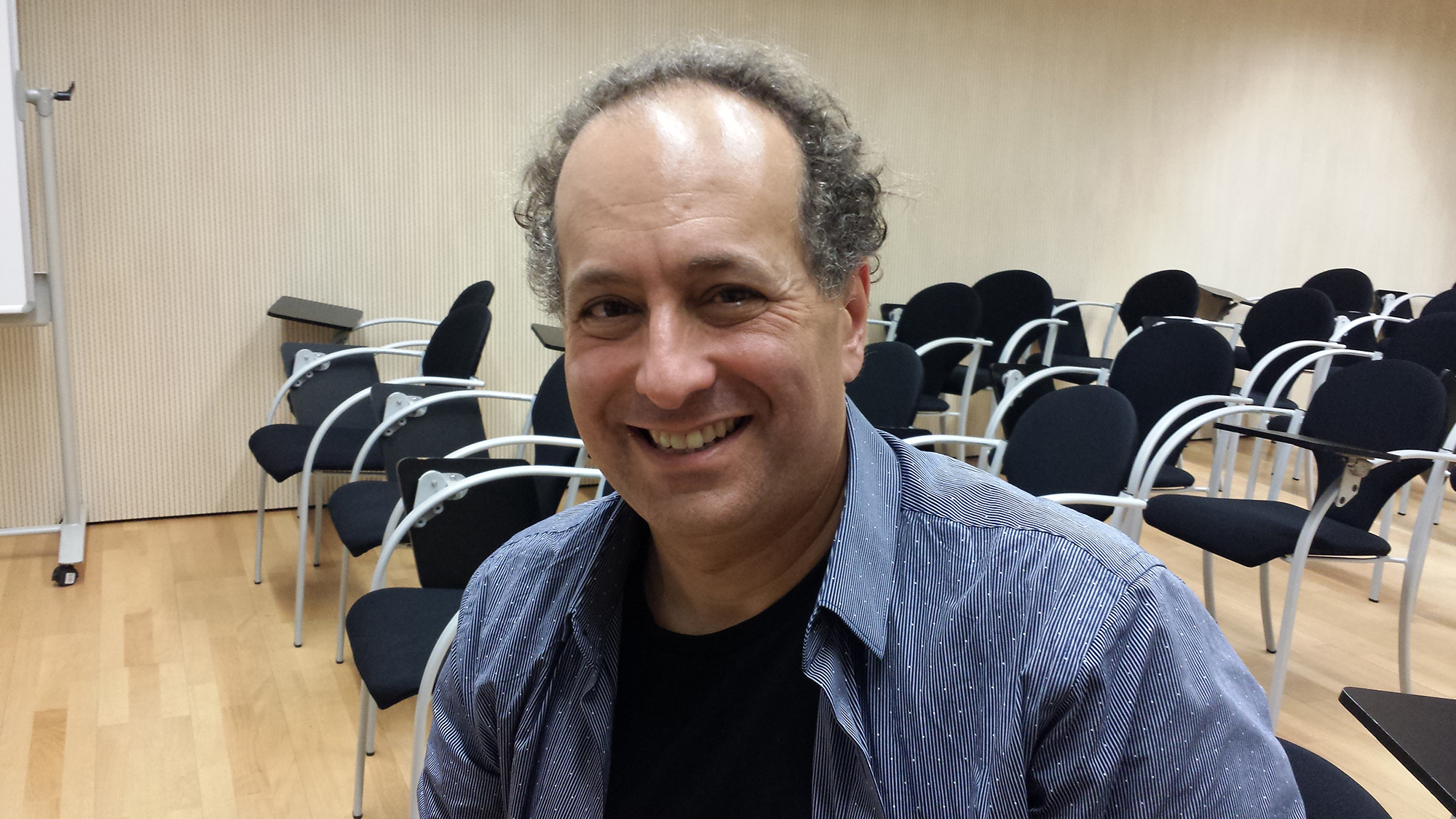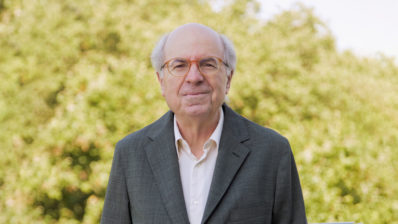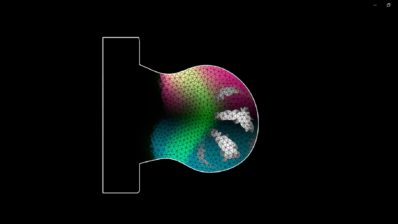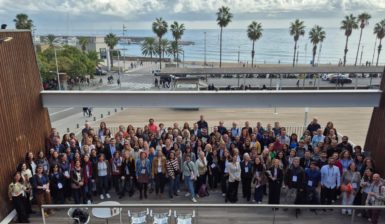Michael Eisen is a Professor at the University of California, Berkeley, where he heads up a research group on the evolution of gene regulation. He is a leading advocate for open access scientific publishing and he co-founded the Public Library of Science (PLoS) in 2000. He is also an adviser to Science Commons. During his visit to the Barcelona Biomedical Research Park (PRBB), we asked Eisen, a father of two, about the past, present, and future of science publications.
“There’s no doubt that the world is going towards a place where everything is available and assessed in a new manner”
You say the system of evaluating research –via the impact factor of journals– is not fair. Could social media work as a way of assessing papers?
It’s useful to have new ways of assessing how important or successful a paper is. But social media doesn’t solve the problem because it can become a popularity contest and, in fact, the most interesting and important things are likely to be unpopular! So we don’t want to replace the tyranny of the papers with the tyranny of the masses. The current system is indeed broken but the internet is not going to magically solve these problems. The only real resource that matters is the thoughtful view or analysis of a scientist, and we have to find a way to capture that.
But that’s what peer review does, right? A thoughtful analysis by 2 or 3 peers…
It is, but it has so many failings. Of course, we do need a filter system, because there is a lot of ‘science’ out there that isn’t really science. And we need a way for scientists to communicate their views about a paper. But I read blogs where scientists talk about their papers, and sometimes these put their work in context better than the papers themselves.
It won’t be easy, trivial, or free. We’ll have to think hard, experiment, and start building a new system in parallel to the existing one. Create a post publication assessment system that is comprehensive, where all published papers are assessed.
Getting people to use this would be the trickiest part…
But change is inevitable. There’s no doubt that the world is going towards a place where everything is available and assessed in a new manner. The question is, will we get there the right way, or via this random, winding path? The only way forward is for funders to get behind this new system. They have started to do so, but not enough.
How has Open Access (OA) changed since the beginnings of PLoS?
OA is not even the main issue now! It’s not the scary, negative thing it used to be, I think most scientists see it as inevitable in one way or another. All the big publishers now have OA journals and all major funders ask for the papers they fund to be free a year or less after their publication. Eventually, all papers will be instantly freely available, which will be great. Now the important battle is to break the link between publishing and assessment, the concept that a scientist who has published a paper in Nature is better than another who has published elsewhere –without actually looking at the content of those two papers.
Scientific misconduct is often linked to the stress of publishing in high tier journals. Would this new system get rid of it?
There will always be a small number of sociopaths that commit misconduct for the sake of it. But most people that perpetrate scientific fraud in a calculated manner do so because they are, in a way, rewarded for publishing in these high profile journals. If we get rid of the disproportionate value given to publications, there will certainly be fewer reasons to commit fraud.







